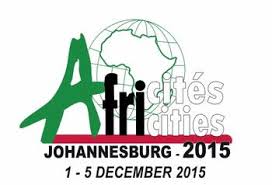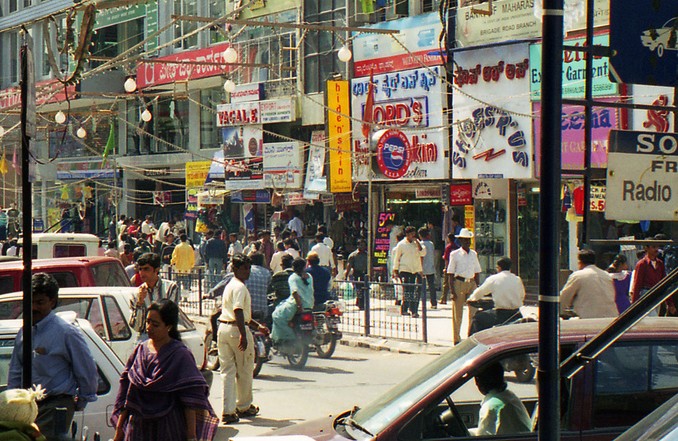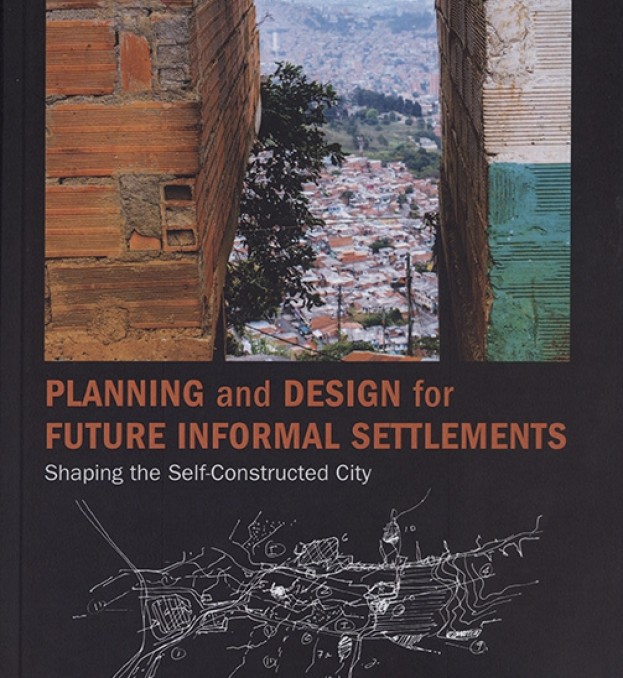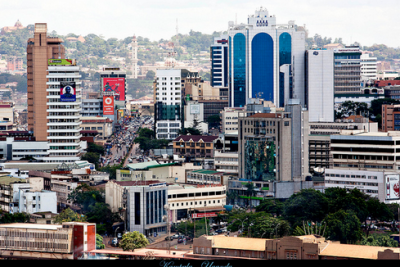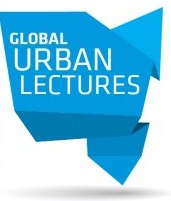HUD Case Study: Macon Children’s Promise Neighborhood Plan
HUD USER publishes a series of case studies based on federal, state and local strategies that increase affordable housing opportunities, apply sustainable features and…
UNSW to offer Australia’s first Master’s degree in urban renewal and housing
UNSW is launching Australia’s first Master’s degree program in urban renewal and housing to support the housing challenges of the future. Aimed at future…
Africities Summit this week in Johaneesburg, South Africa
7th Africities Summit, 29Nov – 03Dec Johannesburg, South Africa The seventh Africities Summit is held every three years and looks at issues affecting urban…
Mapping America’s Rental Housing Crisis
Many households struggle to afford a decent, safe place to live. Over the past five years, rents have risen while the number of renters…
Re-Framing Urban Inclusion in India
Re-Framing Urban Inclusion, a project of the Indian Institute for Human Settlements, is a collaborative, multi-year research project, supported by the Ford Foundation, to develop a catalog of 36 original teaching and learning cases. These cases will give urban practitioners insights into policy realities and emerging forms of urban practice across India and the global South.
Planning and Design for Future Informal Settlements
In the Commons blog, David talks more about his book, Planning and Design for Future Informal Settlements,Shaping the Self-Constructed City, and the process he’s developed called Informal Armatures (IA), a simple working and design approach to foster the emergence of new informal settlements and accompany their sustainable evolution.
Planning and Design for Future Informal Settlements
We are in urgent need of new tools to deal with the processes of informal urbanization. It is mandatory to understanding informality not only as a marginal phenomenon but as mainstream city making and an integral part of hybrid cities in which the formal and the informal can co-exist and interact in a beneficial manner. My recent publication Planning and Design for Future Informal Settlements: Shaping the Self-Constructed City is an attempt to move in this direction.
Uganda hosted its first Urban Development Conference
Africa City and Urban Development Conference: Although only 14 percent urban in 2009 it is expected that by 2050 Uganda will be amongst the most urbanized countries in Africa with 70% of the population in urban areas.The Uganda Vision 2040 was launched in 2014, to guide the socio-economic development of East Africa’s third largest economy.
UN Habitat University – Lecture Series
The Global Urban Lectures were launched in April 2014 as part of UNI’s mission to support the exchange of ideas between urban professionals, academics…
The Lindy Institute for Urban Innovation
The Lindy Institute for Urban Innovation at Drexel University is a semi-independent interdisciplinary organization, named in honor and recognition of Philip Lindy and his…


